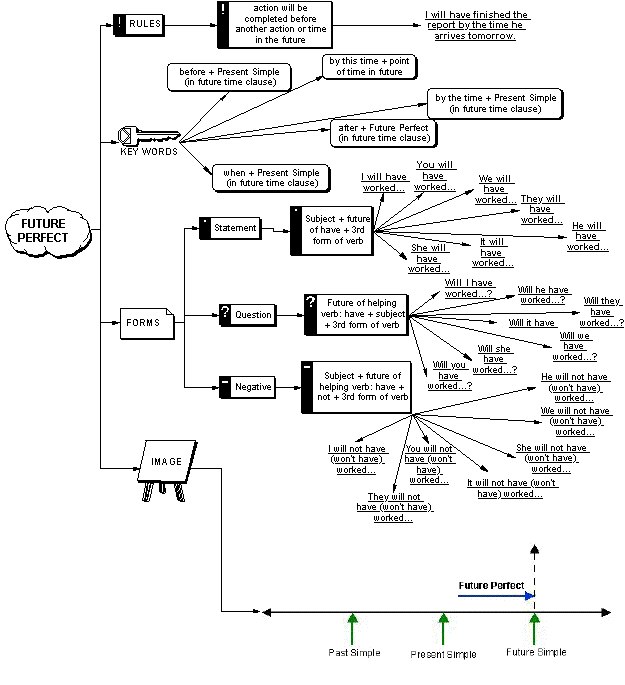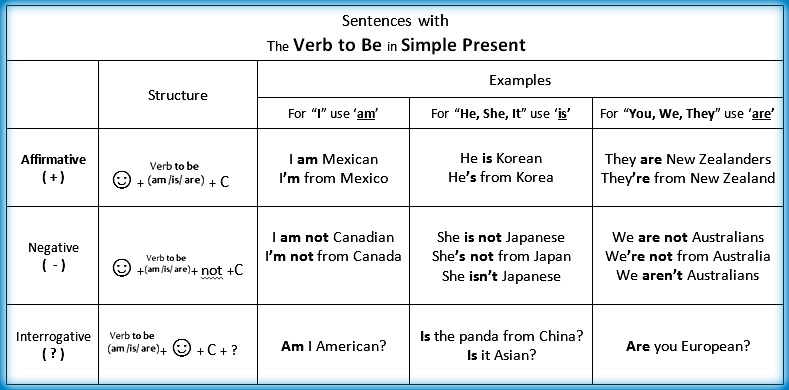Many English learner find it hard to distinguish between some adjectives and when to use them correctly. in the following chart I will talk about the commonly confused adjectives with explanation :
-Each ~ Every
Each- We use Each with Individual Items.
Example : The apples are 5 $ each.
Every- We use Every when referring to things in a group or describing the frequency of actions.
Example: Ahmed goes to the beach every weekend.
-Few ~ A Few
Few - represent a negative quantity or shortage.
Example: Messi has few friends.
A Few - Represent a positive quantity, but it can only be used with countable nouns.
Example: .Messi has a few friends.
-Little~ A little
Little - Expresses a diminutive size or a negative quantity.
Example : I speak little English.
A little - Represent a positive quantity and always use it with non countable nouns.
Example: There is a little salt left.
- Many ~ Much
Many- used with plural nouns .
Example: Mia doesn't have Many friends.
Much- Used with collective nouns and singular nouns.
Example: Jack doesn't have Much money.
Farther ~ Further
Farther - Is always used with distance .
Example: How much Farther is the Central Park?
Further- Implies a metaphoric advancement.
Example: Further topics will be covered next month.
and the last one for this post
Less ~ Fewer
Less- less is compatible with non-countable nouns, collective nouns, volumes and bulk amounts.
Example: Less pollution is better for the environment.
Fewer- is used with countable nouns and individual items.
Example: If people threw our fewer bottles.
the world would be cleaner.
and don't forget to like and share this post !!

































